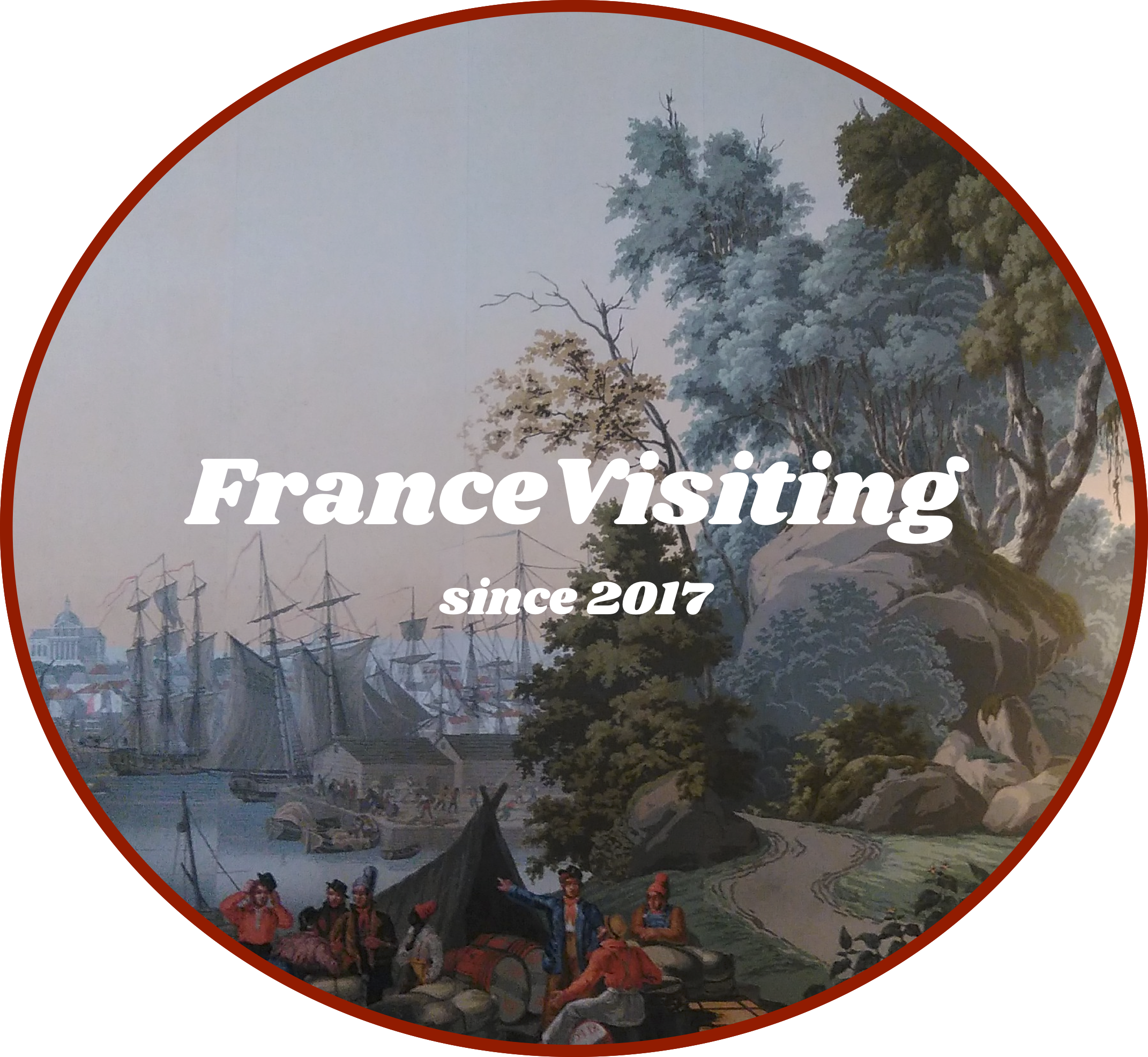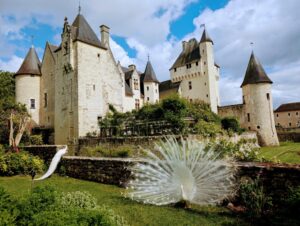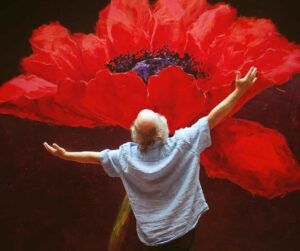A slice of the Polynesian islands of Wallis and Futuna History is revealed, under the pen of Aloïse Baudouin’s book


Thanks to her living experience in many distant lands, both in Africa and in the Pacific Islands, the novelist Aloïse Baudouin publishes her new book, entitled “C’était Wallis, une île échappée à l’Histoire“, devoted to a fiction located in this archipelago of the islands of Wallis and Futuna (although these two main islands are separated from 230km).

This little piece of France, an overseas collectivity located in the southern hemisphere, in the heart of French Polynesia, is thus made up of three Polynesian customary kingdoms (Polynesian atoll in the 1960s / Photo credits: AB). Named after the English navigator Samuel Wallis, these islands have had a history full of twists, despite the moderate surface of their areas (about the size of the city of Paris).
Thus, with her present nostalgic narrative, imprinted with sepia chromaticities so characteristic of the 60s, Aloïse Baudouin wished to highlight the historical singularity of a small territory, passing by a mixture from the original population composed of Austronesians of lapita civilization. who became Polynesians until the arrival in 1837 of the Marist missionaries converting the two islands to Catholicism. While maintaining a protective status recognizing traditional chiefdoms. Became a French protectorate in 1888 Wallis and Futuna became an overseas territory in 1961 following a referendum. It is precisely this post-referendum period in which this story unfolds during which a couple Camille and Jacques will settle on these southern lands, in full context of independence of the French colonies. And while the stigma of the American occupation during the Second World War, to counter the Japanese Empire and causing many upheavals in Wallis, are still present in the 60s. Aloise Baudouin tells us more about this during the war. this interview.

– This book deals with a plot happening in Wallis and Futuna territory, which you know well for having lived there, what was the nature of your stay on site?
In 1962, accompanying my husband, who was a director of France Overseas, I stayed 2 years in the Wallis Islands. It was the end of the colonial era, all the French possessions of Asia and Africa had just reached their independence (Maori family photo / Photo credits: Aloïse Baudouin).
– We understand that this experience has deeply affected you, what was the trigger for the writing of this book?
I had previously lived in sub-Saharan Africa, where at that time there were still institutions at the limit of a muscular and an obsolete imperialism. A brutal environment and the resentment of long enslaved tribes.

A family in 1964 in Wallis, Photo credits: Aloïse Baudouin
– How did this region inspire you more than other areas of the globe that you visited for this novel?
Arriving at the Wallis, and comparing them to my other experiences, it was a revelation, a shock: the discovery of a small friendly and casual world. The lightness and the softness of a natural and privileged environment.
I was delighted by the temperament of the sociable, spontaneous and complex-free Maori people, the splendor of the lagoon encircling the island, and the diving into coral gardens peopled with strange fishes delighted me.
– Even if it takes surely moments lived, the story is scripted. Why did you choose the fiction format?

JI wanted to relate the amazing experience lived by the Wallisian population during the last world war. The invasion by the US army of 5,000 G.I. as much as inhabitants at the time, bringing a tsunami of modernity and tumult in the traditions for a small people until then spared. The originality of this entity governed by a king and the rigor of customs, two bishops, religion and its dictates and occasionally the laws of the administration.
Of course, the plot is imagined, it is only there to give relief to a novel with historical connotation (photo of fisherman / Photo credits: Aloïse Baudouin).
– What message did you want to convey by highlighting this story unfolding in Polynesia?
To share my pleasure to have known this tiny universe, where and in spite of the clashes of the religious, regal, state codes, this endearing entity which knew how to keep its originality and the freshness of its authenticity.
“C’était Wallis, une île échappée à l’Histoire”, a novel on Librinova Editions.
Available in digital format on Les Libraires and paperback on Amazon.








